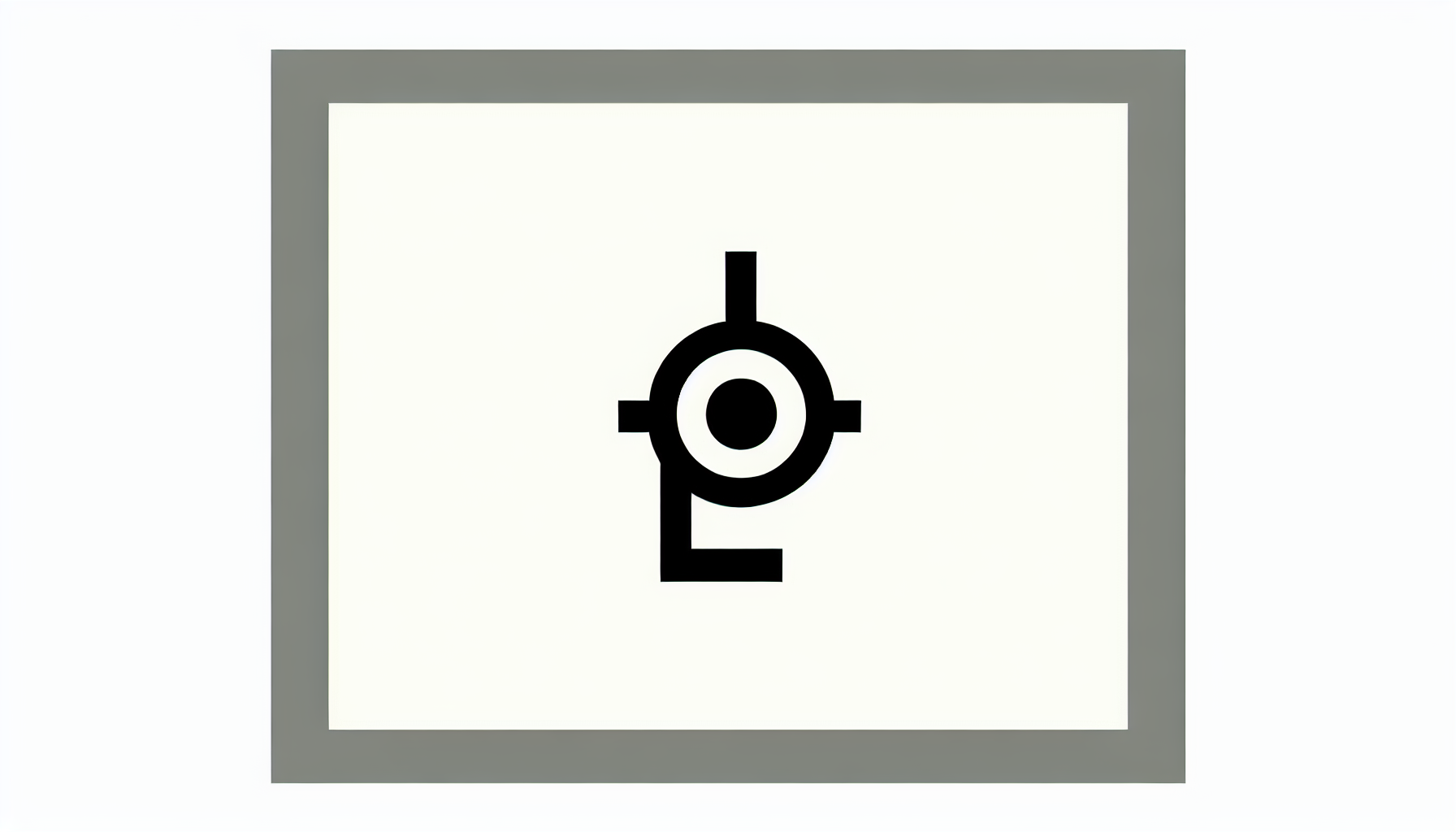The concept of using artificial intelligence in warfare might once have been confined to the realm of science fiction. However, it’s now cropping up in our daily news feed, creeping into international policy discussions, and even wandering into our philosophical musings at dinner parties. And for good reason, too. While AI has the potential to revolutionize how we approach defense and security, it also brings with it a new era of ethical dilemmas. And, oh boy, are those dilemmas prickly!
The Promise of Machine Precision
Theoretically, AI offers a multitude of advantages in warfare. These systems can process enormous amounts of data with speed and precision that far outstrip human capabilities. Imagine AI systems analyzing countless satellite images in real-time, identifying potential threats before they escalate, or autonomously piloting drones that avoid civilian casualties with pinpoint accuracy. War’s fog could, in theory, be lifted, leaving clear skies with fewer human errors.
This enticing promise brings to mind the infrequent joy of finding that perfectly ripe avocado in the supermarket. But, as with many aspects of life, the ideal can be tantalizingly elusive. The reality is that deploying AI in warfare isn’t so straightforward.
The Ethical Quagmire
Enter the ethical quagmire—a place that no one, not even the most intrepid AI, wants to get stuck in. Unlike the meticulous logic of machines, ethical decisions often dwell in a gray zone—a place where right and wrong mingle like two hues in a moody sunset. The question of allowing machines to make life and death decisions is not merely technical but deeply moral. Who determines the guidelines for such decisions? Can a machine truly comprehend the value of a human life, or is it like asking a toaster about the ethical implications of crispy bread?
There’s also the uncomfortable reality of accountability. If an autonomous weapon makes a mistake—perhaps targeting a non-combatant or failing in a critical mission—who bears responsibility? Is it the developer who programmed it, the military leader who deployed it, or society itself for allowing it? Accountability becomes as slippery as a bar of soap in the shower room of moral philosophy.
The Dangers of Bias
Then, we face the dreaded specter of bias. AI systems learn from data, and historical data is often tainted with human prejudices and errors. For instance, if an AI system uses past military engagements as its training data, it could inadvertently learn and perpetuate outdated or biased military strategies. This is where the old adage, “garbage in, garbage out,” rears its familiar head, only now the “garbage” could result in dire ethical consequences. Let’s just say, this is one Pandora’s box that probably should stay closed.
International Regulations: A Phantom Handbook
This brings us to the thorny issue of international regulations—or the surprising lack thereof. While traditional warfare has some guiding principles, like the Geneva Conventions, the world has been sluggish in establishing rules that govern AI in warfare. Crafting international agreements on AI use in warfare might feel like herding cats with a laser pointer—an endless chase with little success.
Some countries advocate for a complete ban on lethal autonomous weapons, comparing them to chemical or nuclear weapons. Others are charging full steam ahead, lured by the competitive edge AI promises. It’s a bit like inviting countries to a potluck where everyone brings their own rules for the main course, and the dessert’s a food fight.
The Human Element
Of course, amidst all these debates, the human element looms large. Suppose we do engineer an AI capable of making moral decisions. Does it erode the human connection, the shared grief, and the resolve for peace that often emerges from the direct horrors of conflict? Removing soldiers from the battlefield may reduce immediate casualties but could potentially make wars more palatable, less real, or even too easy to initiate.
A world where conflict is a distant, sanitized affair run by machines could risk disengaging the public’s moral compass. It transforms centuries-old questions about sacrifice and valor into a data set to be analyzed. That veterans’ stories exchanged over fireplace hearths might instead be stored in recycled server racks.
When it comes to AI in warfare, one must tread carefully, like navigating a minefield during an on-ground mission—no sandals allowed.
Toward an Ethical Framework
The path forward in this AI and warfare narrative requires careful construction of an ethical framework that not only respects human values but also incorporates diverse voices—policymakers, ethicists, technologists, and, importantly, the public. Neither fear nor fascination should drive our decisions, but a considered balance between innovation and humanity, with a touch of humility.
Ultimately, AI in warfare is not solely a technological quandary but a societal choice. It calls upon us to ask fundamental questions about the kind of future we wish to create, how we define our humanity, and where we draw our ethical lines in a world that’s looking more algorithm-infused every day.
So, as we venture deeper into this brave new world, perhaps it’s best we pack not just our laptops and VR headsets for the journey but a solid dose of moral introspection and, yes, maybe even a little humor. After all, we’re going to need it.

Leave a Reply